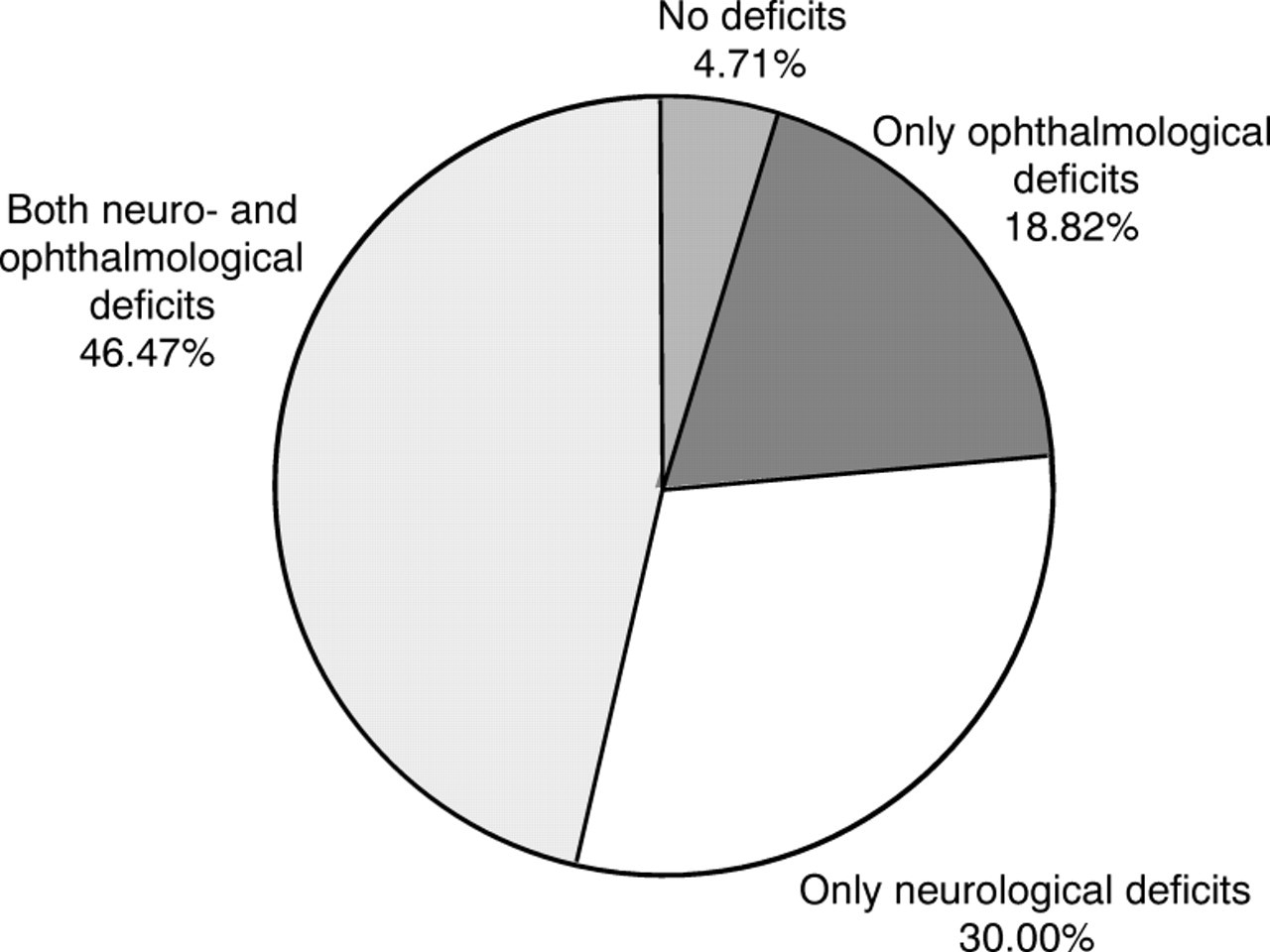Connecting Special Educators to Students with Cortical Visual Impairment (CVI)
27th June 2023

Every student has different challenges to face especially children with special needs, not just, they have to deal with their specific disorder, but they also face difficulty academically, have a hard time socializing and growing in their personal life as well. Children with special needs can come across one of the impairments which is called Cortical Visual Impairment (CVI).
CVI is basically a condition in which children’s brain's visual cortex has been damaged which caused visual impairment. It’s problem not directly linked with the eye but how the brain processes the visual information.
According to one survey of most children i.e.; 46% suffer from both Neuro and ophthalmological deficits.

Those children who suffer from CVI need proper assistance from an educator so that they can achieve success not just academically but in their personal life as well.
So, without any further ado, let’s get to know everything about Cortical visual impairment (CVI) in children and what strategies SEN educators can apply to help those students with CVI.
A Closer Look at Cortical Impairment (CVI)
Cortical visual impairment (CVI) refers to a condition where there is damage to the visual cortex of the brain, resulting in visual impairments. Unlike other visual impairments, CVI is not caused by problems with the eyes themselves, but rather by how the brain processes visual information. This condition can have a profound impact on children with cerebral palsy, as it can affect their ability to perceive and understand the world visually.
Children who suffer from CVI (Cortical Visual Impairment) generally face difficulty in visual recognition, proper attention to any visual details, and visual memory. They also have difficulty recognizing any faces, objects, or sometimes even their own possessional objects or bodies. Additionally, they may also face visual clutter, which makes it difficult to see anything properly.
All these challenges make it even more difficult for children with CVI to succeed academically because they can’t participate or focus fully in educational activities and it impacts their development in every aspect of their life. However, those educators who have pursued courses like International Diploma in Inclusive Teaching and Special Educational Needs can help them to cope-up which CVI impairment.
Let’s get to know how skilled SEN educators can help children with CVI.
Role of Special Educators in Supporting Students with CVI
SEN educators play an crucial role in supporting students with CVI, and they are -
1. To cater special children with different and specific needs in education, they can collaborate with professionals like occupational therapists or speech and language therapists to create an individualized education plan.
2. SEN educators should employ a variety of strategies to support students with CVI. They may use visual aids, such as high-contrast materials or large print, to enhance visibility.
3. They should provide structured and predictable environments to reduce visual clutter and help students focus on specific tasks.
4. SEN educator should not just only works with different professionals but with families as well closely to support the visual needs of students with CVI across different settings.
Five strategies for helping students with CVI in the classroom
Some simple yet effective strategies, which you can use in the classroom are -
1. Visual Supports
SEN educators can start to provide visual supports with, visual schedules, graphic organizers, and visual cues, to help students with CVI understand and follow instructions. All these visual support can help to become independent and make them able to comprehend things successfully.
2. Modify the learning environment
As a SEN educator, it’s your responsibility to make the learning environment comfortable for students. You can minimize the visual distractions and provide adequate lighting in the classroom to make the learning environment visually accessible for the students with CVI. You can also use high-contrast materials, resources, and furniture to help students to navigate their learning environment easily.
3. Utilize Multi-Sensory Teaching Method:
As children with CVI (cortical visual impairment) face difficulty in comprehending visually, introducing Multi-Sensory Teaching Method to them could be beneficial because it needs students to engage with multiple senses like touch, and hearing with visual input which can help children with CVI to learn and understand better.
4. Encourage visual scanning and tracking
As a SEN educator knows that children with CVI face difficulty visually, they need to help them to mitigate its effect as much as they can which makes student independent and self-sufficient with time. You can introduce children to visual scanning and tracking skills, and encourage them to explore their environment visually by using activities that require tracking objects (it should be brighter in contrast) or following visual patterns.
5. Collaborate with other professionals
As a SEN educator, you must collaborate with multiple professionals like, occupational therapists, Speech and language therapists to help those children with CVI (Cortical Visual Impairment) better. Collaborative planning and regular communication related to student progress will help you plan to support children with CVI (Cortical Visual Impairment) better.
Empowering Students with CVI as an SEN Educator
Students with Cortical Visual Impairment (CVI) face unique challenges in accessing and understanding visual information in the learning environment. With exclusive courses like International Diploma in Inclusive Teaching and Special Educational Needs, teachers can support them.
However, with the support of other professionals and the above-mentioned strategies, you can help those students can overcome these challenges and achieve their full potential. Additionally, try to use inclusive practices and a holistic approach to education, to empower students with CVI to reach their goals and lead fulfilling lives.
Find the right course for you and try out the course. WhatsApp us at: +66-81-262-8832. You can also mail us at act@asiancollegeofteachers.com

